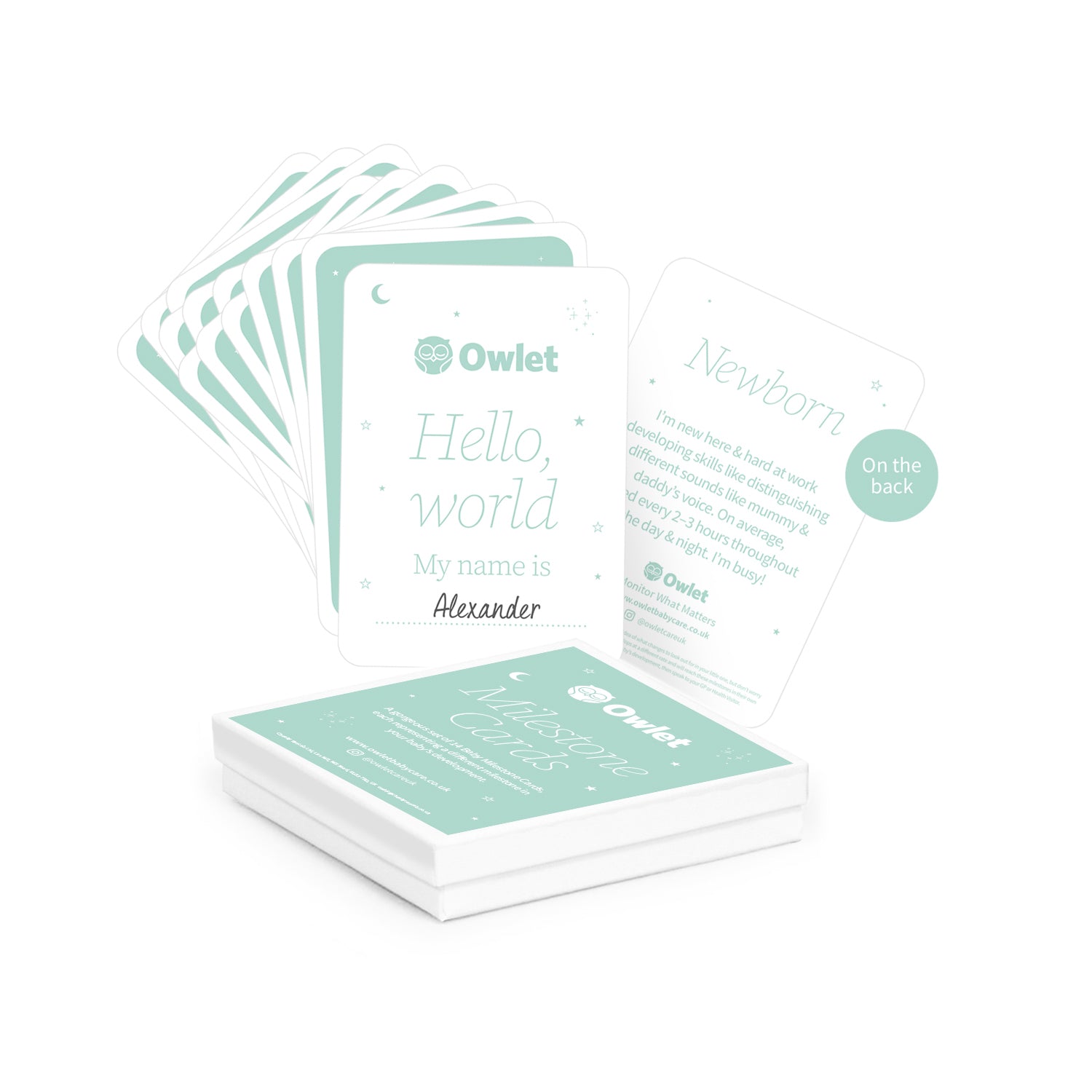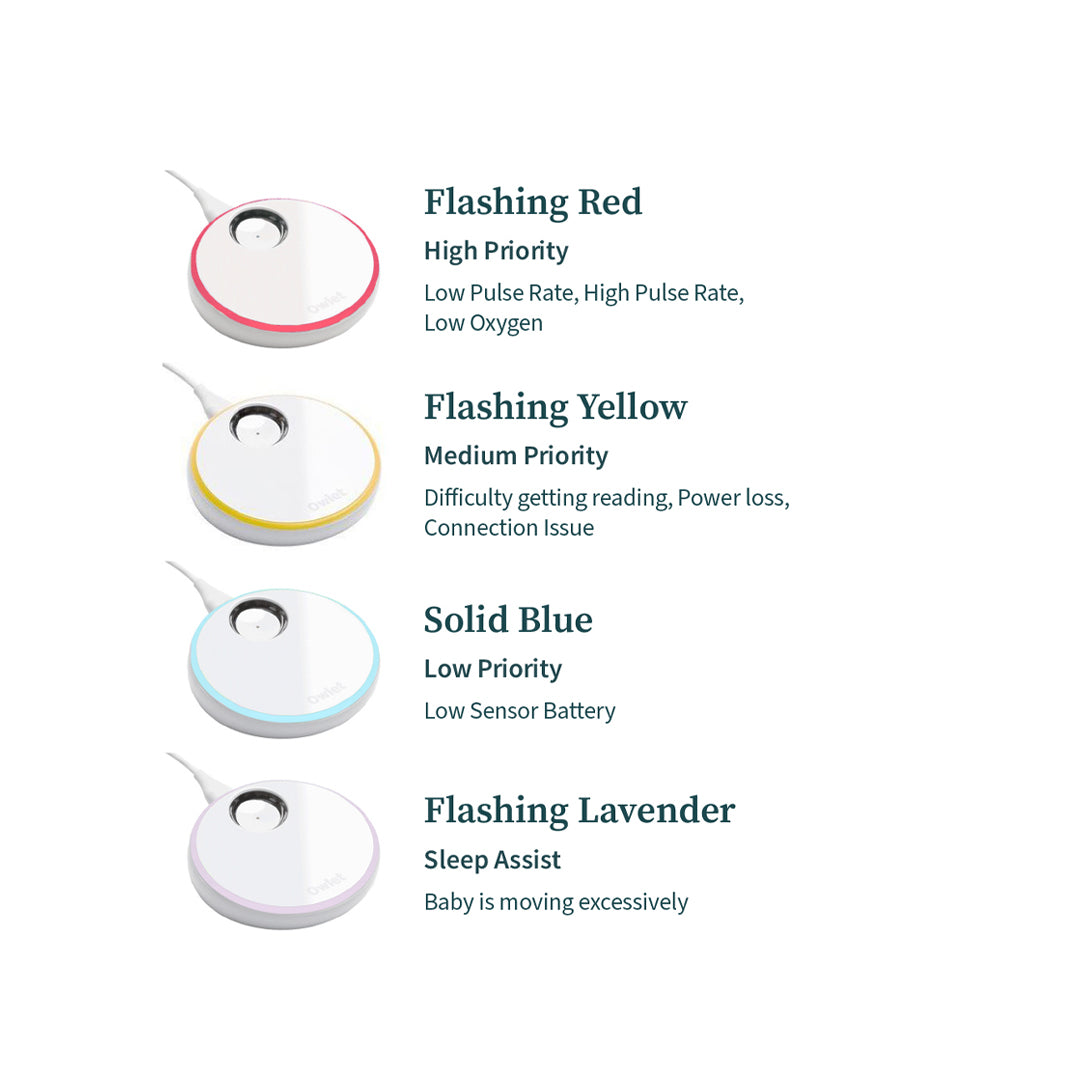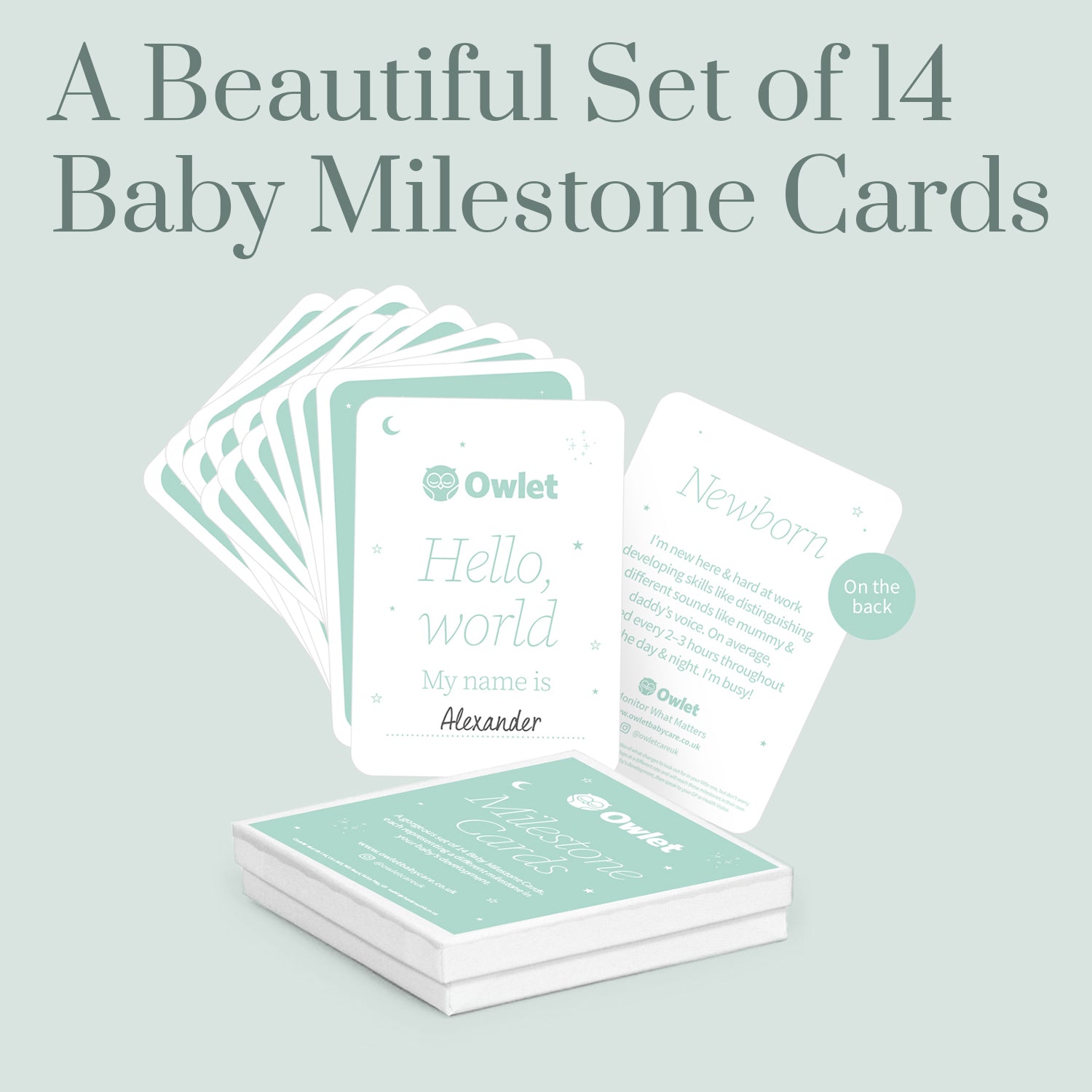Babies, it’s cold outside!

Winter Wellness Tips For Pregnancy and New Parents
With the days growing shorter and colder and news of an “early winter” arriving in the UK, you might find yourself wondering how to stay well in the midst of all the elements.
Here are some of my recommended ways to help you boost your immune system and take care of yourself and your baby this winter:
Nourish yourself
The immune system is lowered during pregnancy, making it easier to pick up illnesses. Eating a balanced nutritious diet will help fuel your body and boost your immune system. Share meal ideas with friends and family for inspiration or dust off that one cookbook you’ve never used to get the creative juices flowing! To go one step further, you can look into booking a consultation with a nutritionist for a holistic, tailored approach to your dietary needs.
Vitamin deficiencies are common during pregnancy. Although a healthy balanced diet goes a long way towards meeting vitamin and mineral requirements, sometimes supplements are necessary. The Department of Health recommends all adults take 10 micrograms of vitamin D every day, especially during the winter months. Vitamin D is particularly difficult to get from our diet alone.
Iron, vitamin C and zinc can also all contribute to supporting the immune system. These can be found in pregnancy multivitamins. Ask your midwife if you need to be taking any additional supplements.
Nourish your Newborn
The first form of breast milk, also known as colostrum, is largely made up of white blood cells that help us to fight infection. Colostrum also contains secretory immunoglobulin A (SIgA) which lines the baby’s digestive and respiratory systems and prevents bacteria and pathogens from getting through.
When a baby breastfeeds, some of their saliva is backwashed into the breast (bare with me on this one!). The mother will detect any pathogens in the saliva and then produce specific antibodies to protect the baby from illness! So breastfeeding offers a range of protective properties for your baby and responds specifically to their needs.
It is advised that breastfed babies receive vitamin D drops from birth even if you are taking vitamin D yourself. Formula fed babies do not require this as vitamin D is already fortified in the formula.
Coughs and Colds
It’s likely we have all become masters in the art of handwashing this year! Regularly washing your hands and wiping down surfaces can help to protect you from common winter viruses. Wash your hands with soap and water, and dry them thoroughly. Use an alcohol-based handrub if you don’t have immediate access to soap and water.
Evidence suggests that pregnant women are more likely to develop complications if they get flu, such as bronchitis and pneumonia. Therefore it’s recommended that all pregnant women have the flu vaccine. You can have the vaccine anytime during your pregnancy and this can be arranged via your GP or midwife.
During pregnancy you can also have the Whooping Cough (pertussis) vaccine which helps protect your baby from whooping cough until they are able to have their own vaccine. Ideally, you’d do this from 16 weeks up to 32 weeks pregnant but you can have it up until you go into labour. Babies are offered the vaccine at 8, 12 and 16 weeks old.
Stay active
It is important to stay active during pregnancy. The cold weather often encourages us to lean towards slowing down and staying in, but it’s important that we don’t stop moving altogether. Exercising for around 20 minutes a day is believed to reduce your chances of catching a cold by almost 50%!
Going outside when it's icy or snowy is far from safe, so opt for a home workout to make sure you are getting the steps in. The pandemic has created a vast wealth of online exercise classes, from pre-recorded videos to live streams - there really is something for everyone. Search for a specific class for either pregnancy or postnatal such as yoga or pilates and enjoy getting active in the comfort of your cosy home!
Online classes are a great way to boost your energy, connect with your baby and eliminate the need for childcare, mask wearing and stepping foot out in the cold weather! There are even postnatal workouts that can be performed while you wear your baby in a carrier, which helps to settle your baby and adds an additional challenge to your workout!
Wrap up warm
If temperatures fall below zero and there’s ice on the ground, we all need to be more cautious while out and about. Try to avoid walking on icy paths and limit the amount of time you are outside. If you do go out for fresh air then wear layers of clothing to help keep you warm and remember grippy footwear.
Wear your baby in a sling or baby carrier to keep them warm and snug. Opt for dressing them in layers starting with a vest, all in one sleepsuit and a cardigan rather than a snowsuit, for example. Remember a thick hat, socks and booties for the parts more exposed to the elements!
There are amazing baby wearing coats available to help you keep you and your baby warm while out for a winter walk.
Stay Hydrated
When it’s cold outside, it can be easy to forget to drink plenty of water. Help yourself stay warm and hydrated by enjoying warm drinks and soups as well as drinking at least 2L of water per day. The cold air is drying for skin and you may notice that your growing bump feels more itchy and irritated if the skin is dry. You can use a moisturiser or skin oil to help with this.
Your baby’s skin can also experience dryness. If you decide to use products on your baby’s skin then organic and PH neutral products are the preferred option. Using a humidifier in your home adds moisture to the air which is thought to create optimal breathing conditions as well as treat dry skin.




















